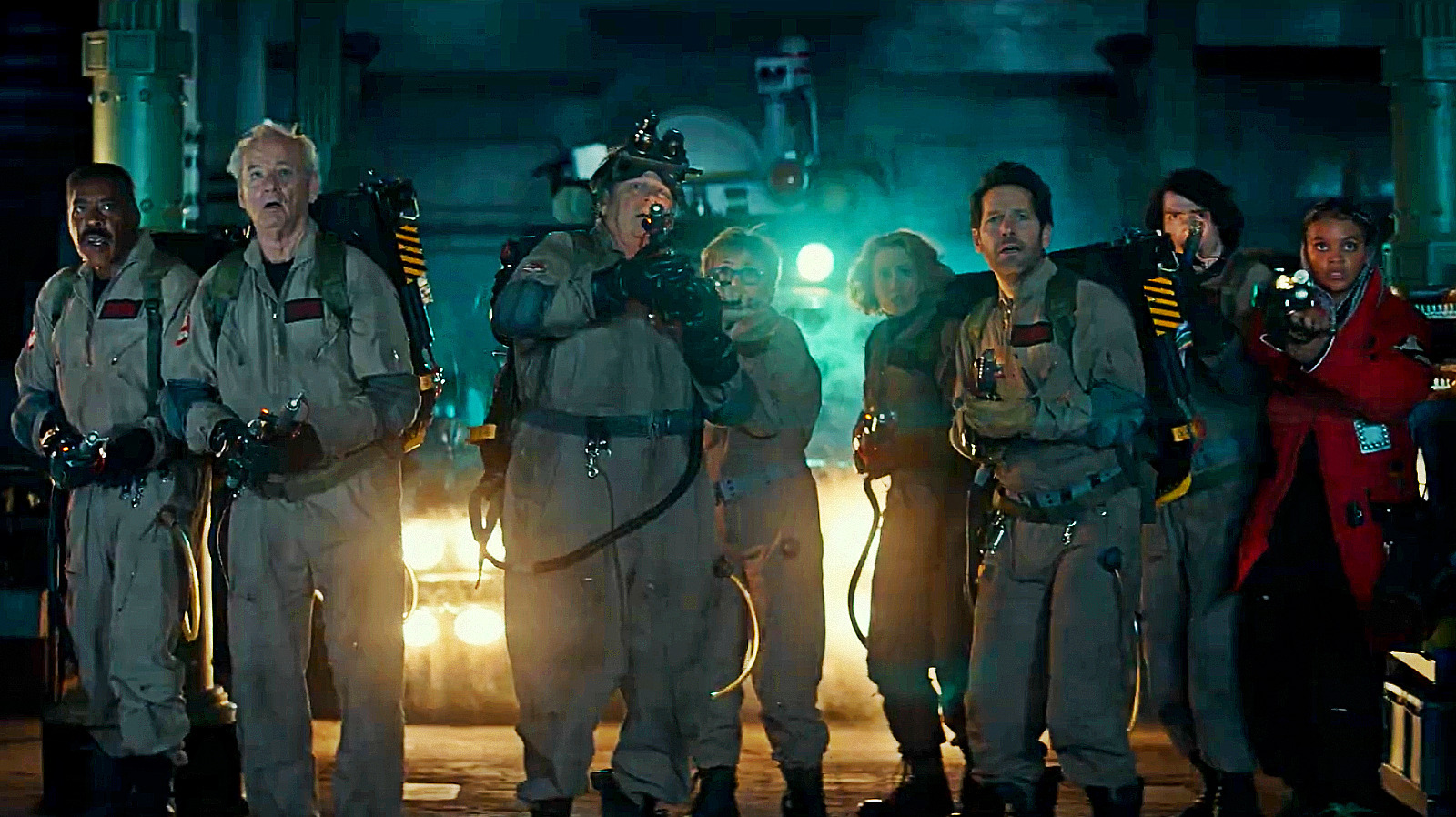Blessy‘s Aadujeevitham, titled “The Goat Life” in English, opens with a remarkable scene. A frail and shabby Najeeb (Prithviraj Sukumaran), almost unrecognizable with a long beard and untidy hair, hunches over and drinks from a water tub for cattle as the reflection of the Milky Way callously disappears. For the readers of Malayalam novelist Benyamin’s best-selling novel, Aadujeevitham, from which the movie was adapted, this is a striking moment, so far only existing in their imagination.
Aadujeevitham, the novel, based on a true story, was released in 2008 and instantly became a classic. Its author, Benyamin, was catapulted into fame, and the book became a publishing phenomenon with over 100 reprints, a translation into English by Penguin Books, and later shortlisted for the DSC Prize for South Asian Literature. Adapting a novel so close to a legion of readers is always a challenge. Blessy, a veteran filmmaker known for his down-to-earth protagonists and films with excellent emotional range, seemed like a natural choice. Almost 16 years in the making, the recipe for Aadujeevitham was perfect – Prithviraj Sukumaran, one of the leading actors in Malayalam; Oscar-winning composer A.R. Rahman; and sound artist Resul Pookutty.

Blessy’s Aadujeevitham is a mixed bag. There are hits and misses, and it’s evident. The almost three-hour-long film follows the harrowing ordeal of Najeeb, an ordinary migrant Malayali, who, like scores of his brethren, migrated to the Middle East hoping to secure a good future for his family. Instead, Najeeb ends up with a cruel goat farm owner in the middle of nowhere. Enslaved and treated worse than an animal, Najeeb dreams of an escape, and when he finally does, he needs nothing short of a miracle to leave the desert alive. In the basic plot, the film strictly follows the novel, but in its elaboration, Blessy allows his cinematic sensibilities to take over, and it often misses the mark. The trouble with Blessy’s Aadujeevitham is that it fails to carve a space of its own. It’s hardly inventive, or imaginative, and often lacks the vigor it needed to be the survival thriller it aspires to be.
Prithviraj did a good job portraying Najeeb in the second half, but in the flashback, where the story tries to establish Najeeb’s basic nature, Prithviraj doesn’t really blend in naturally. He struggles to fit into the description of the laid-back, not-so-educated man-next-door description of Najeeb. Blessy too makes things complicated by introducing a clichéd romance storyline, an over-the-top show of bravado, and misplaced songs that distract the audience. Amala Paul is wasted in her role as Sainu. She is the eye candy, a tool for nostalgia, and a pawn to establish a backstory of physical intimacy that serves no purpose to the characters. In the second half, Prithviraj redeems himself with a stunning performance. As much as he invested in transforming his physique for the role, he reacted amazingly to the task at hand, carrying the film on his shoulders. His murmurs and monologs were masterful, and coupled with his expressive face that lamented a glorious age gone by, it is perfectly in sync with what the film demands. Another brilliant performance came from K.R. Gokul, who played the role of young Hakeem. He was even more enthusiastic than Prithviraj in his demeanor as a freshly minted migrant laborer who is childish and clumsy. A.R. Rahman’s background score played an important role in keeping the film moving. But sometimes the music felt like it dominated storytelling and the visuals were dragging behind. The song “Periyone” was apt, but every other song and sometimes the suspenseful music seemed forced. CGI too sometimes felt like an overload and far from reality.

In the first half, Blessy tried to incorporate the flashbacks with the story in the desert, in an attempt to show the contrasts. Even though it looked like a marvelous idea, his overenthusiasm may have resulted in eventually showing the gripping scenes in the survival story getting mixed with the undercooked flashbacks. Also, Blessy struggled to emphasize the transition of Najeeb. The pivotal scene in which Najeeb realizes his beard has grown, his hair has become unruly, and he is no longer the clean-shaven man he once was, passed as an ordinary moment. That scene came out of the blue and took forever to register with the audience.
Blessy seems to have solid control over the source material, but whatever additions he has made to the script didn’t look like they elevated the genuineness of Benyamin’s novel. Aadujeevitham certainly is not a bad film, but it’s not a triumph either.







The only close to honest review that I have read. What a waste of potential and time. It in deed was a badly made movie. Failed terribly at evoking emotions. Wasn’t realistic. What a disappointment!